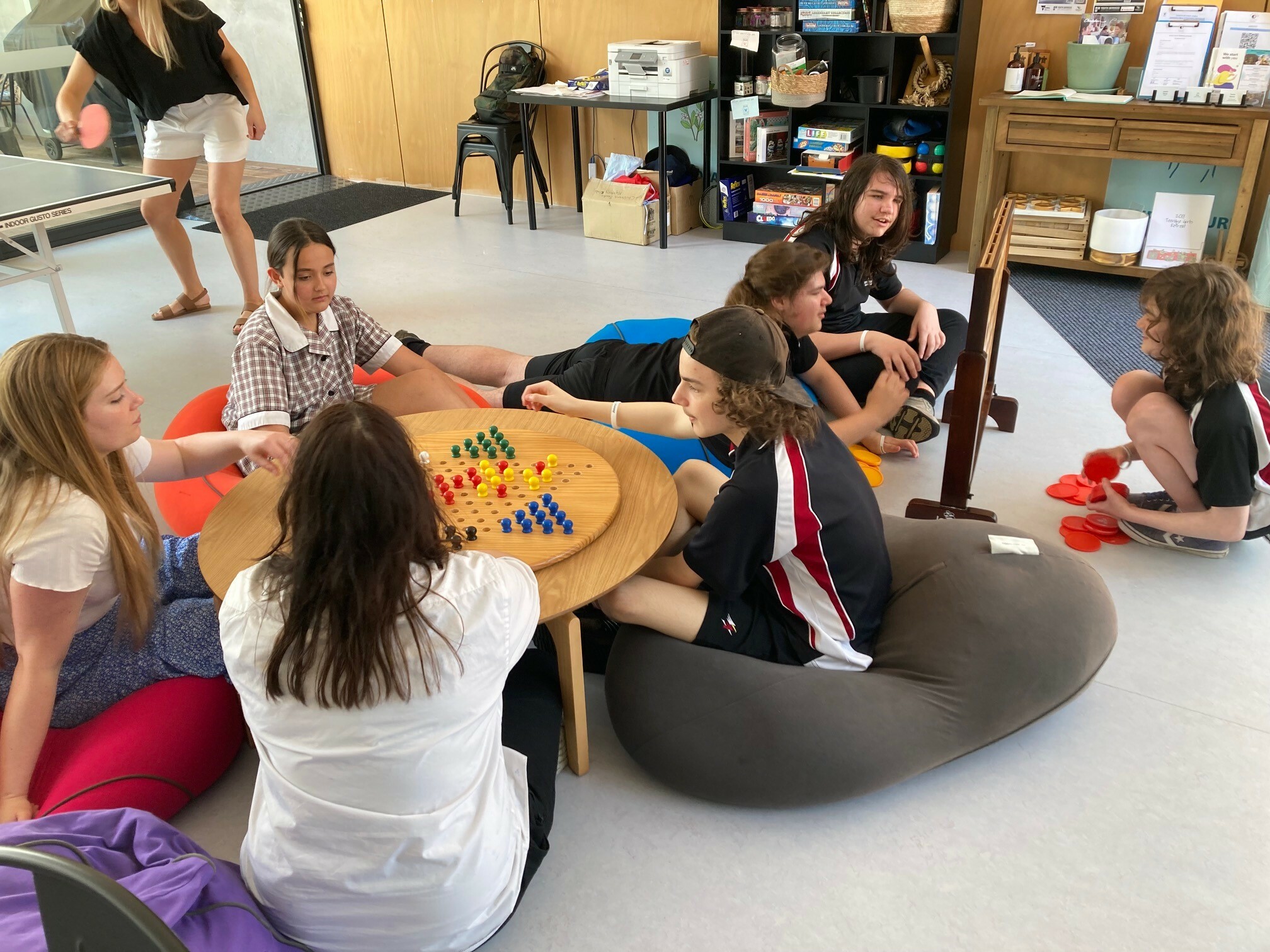Tucker Oration 2023 – ‘Faith and Justice in a Secular Age’
On Wednesday 24 May, over 150 people came together to celebrate the work and vision of the Brotherhood of St. Laurence’s (BSL) founder, Father Gerard Tucker.

Held at Christ Church in South Yarra (where Father Tucker was born and spent the first 20 years of his life), the orator was our own BSL Chaplain, Dr. Michelle Trebilcock.
Her inspiring presentation outlined that while we are living in very different times to those Tucker faced back in the 1930s when BSL started its work in Fitzroy, his commitment to listening to and serving all people as equals remains at the heart of BSL’s agenda today.
However, we must recognise that living in a much more secular world requires us to reconsider how we go about our work of tackling poverty. The three principles that underlined Tucker’s vision – treating others as you would want to be treated, focusing on prevention rather than a crisis response, and taking action to help improve not only your own life but also that of others – were explored in detail.
An excerpt from Dr. Trebilcock’s presentation:
Tucker was well known for using the analogy of the fence to describe his approach to social reform: it is better to build a fence at the top of a cliff than to send an ambulance to the bottom after the poor human has fallen off! The emphasis on structural interruptions to poverty is not incidental to Tucker’s theological vision for humanity. When he began his slum work his argument was that it was the environment that was the problem, not the people…. It is not that Tucker was unrealistic about people. On the contrary, he affirmed a theological position which recognised sin – the theological category for human failing – in the structural inequalities and in constructed social, cultural, economic, and political barriers to human flourishing.
This understanding of human value is mirrored in the Capabilities Approach which has distinguished BSL’s work for many years. Amartya Sen, the Indian born economist who was awarded a Nobel Prize in 1998 for his work on welfare and inequality, defines poverty as ‘not just a lack of money, it is not having the capability to realise one’s full potential as a human being’. Coupled with Martha Nussbaum’s Aristotelian ethics for the common good, the Capabilities Approach to social policy emerged: when people are given choices and the means to enact their choices, they will, overall, create a life for themselves which contributes to the common good of all.
Read the full copy of the Oration here .

Donate today
When you donate to BSL you are helping ensure that all families have access to the support they need to build better lives for themselves.
Building Better Lives Together June 2023
- Executive Director Update - June 2023
- Tackling poverty in the early years
- Pathways to youth employment
- Tucker Oration 2023 – ‘Faith and Justice in a Secular Age’
- Volunteers are Change Makers!
- The voice of different generations
- Education is a crucial building block for a brighter future
- HAVE YOUR SAY – WIN A PRIZE!